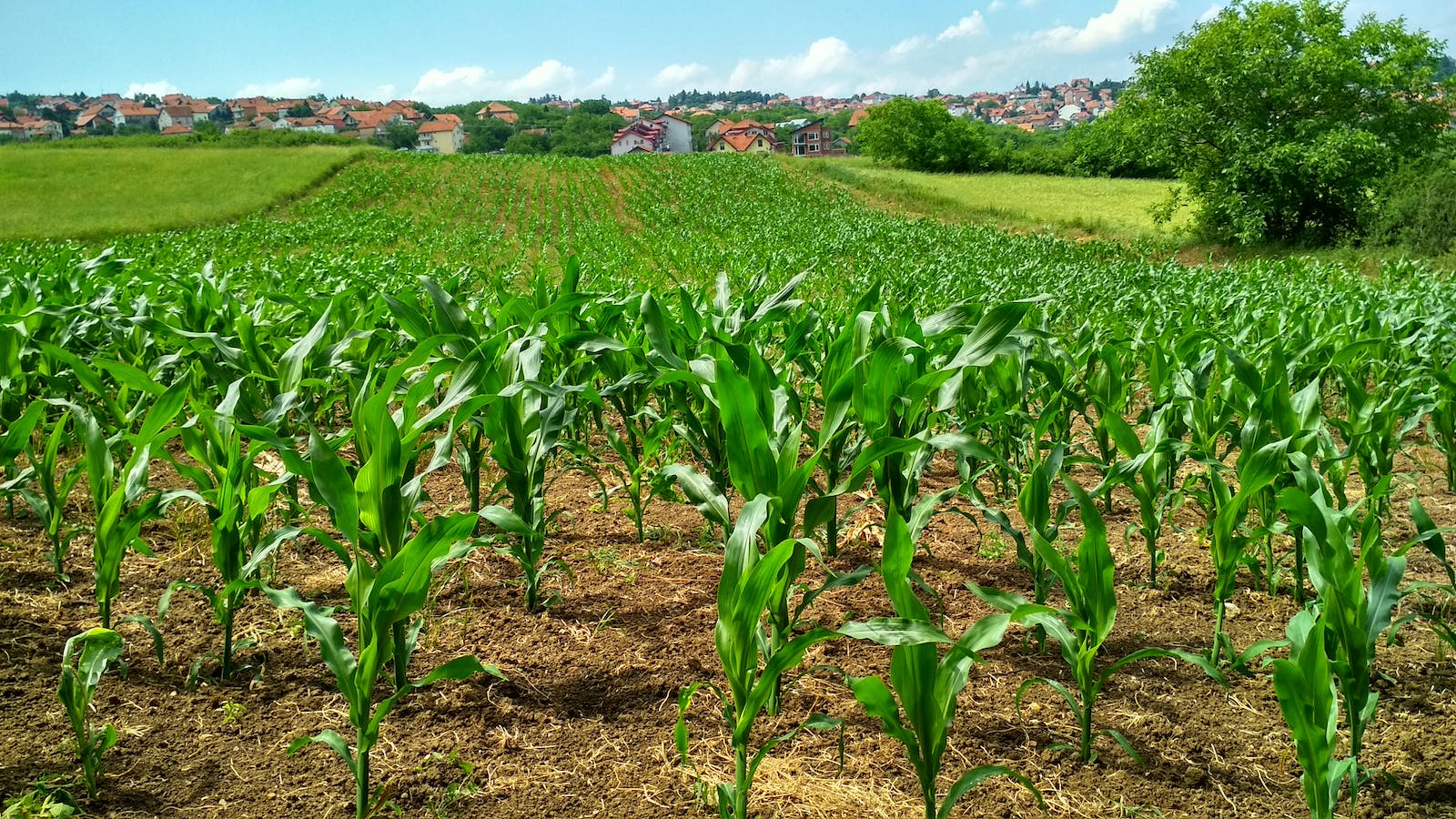In recent years, there has been a growing recognition of the importance of sustainable and eco-friendly farming practices. As the world faces environmental challenges such as climate change and biodiversity loss, there is a need for agricultural systems that prioritize the health of the planet and the well-being of communities. This shift towards sustainability has also influenced the investment landscape, with more individuals and organizations seeking to align their financial goals with their ethical values. In this article, we will explore the role of ethics in shaping investments in eco-friendly farming and the potential benefits they offer.
The Rise of Ethical Investments
Ethical investments, also known as socially responsible investments or impact investments, are financial investments made to generate positive social and environmental impacts alongside financial returns. Traditionally, investors have focused solely on financial gains, often neglecting the broader implications of their investments. However, as awareness of global challenges has increased, there has been a shift towards more conscious investing.
Investors are now considering the ethical implications of their investments, seeking opportunities that align with their values and contribute to a more sustainable future. This shift in mindset has led to the rise of ethical investments in various sectors, including eco-friendly farming.
The Importance of Eco-Friendly Farming
Eco-friendly farming, also known as sustainable agriculture or regenerative agriculture, is an approach to farming that aims to minimize environmental impact while promoting the long-term health of the ecosystem. It involves practices such as organic farming, agroforestry, permaculture, and the use of renewable energy sources. Eco-friendly farming methods prioritize soil health, biodiversity conservation, water conservation, and the reduction of greenhouse gas emissions.
By investing in eco-friendly farming, individuals and organizations can support the transition towards more sustainable food production systems. These investments contribute to the preservation of natural resources, the reduction of chemical inputs, and the promotion of biodiversity. Eco-friendly farming also has social benefits, such as improving the livelihoods of farmers, enhancing food security, and fostering resilient communities.
Ethical Considerations in Eco-Friendly Farming Investments
When making ethical investments in eco-friendly farming, there are several key considerations that investors should take into account:
Environmental Impact
Investors should assess the environmental impact of the farming practices they are investing in. This includes evaluating the use of pesticides and synthetic fertilizers, the management of water resources, and the conservation of biodiversity. Investments in farming practices that prioritize soil health, water conservation, and biodiversity conservation can have a positive impact on the environment.
Social Impact
Investors should also consider the social impact of their investments in eco-friendly farming. This includes evaluating the working conditions of farmers, the fair treatment of workers, and the support provided to local communities. Investments that prioritize fair trade, community development, and the empowerment of farmers can contribute to social well-being.
Financial Viability
While ethical considerations are important, it is also crucial to assess the financial viability of eco-friendly farming investments. Investors should evaluate the potential returns, market demand, and scalability of the farming practices they are investing in. By ensuring financial viability, investors can support sustainable agriculture in the long term.
Innovation and Technology
Investors should also consider the role of innovation and technology in eco-friendly farming. Investments in research and development, as well as the adoption of innovative farming techniques and technologies, can enhance the sustainability and efficiency of farming practices. This can lead to improved yields, reduced resource use, and increased profitability for farmers.
Long-Term Perspective
Ethical investments in eco-friendly farming require a long-term perspective. Investors should be willing to support farmers and farming practices that may take time to yield results. This includes providing patient capital, offering technical assistance, and fostering partnerships for knowledge exchange. By taking a long-term approach, investors can contribute to the transformation of the agricultural sector towards sustainability.

Benefits of Ethical Investments in Eco-Friendly Farming
Ethical investments in eco-friendly farming offer a range of benefits for investors, farmers, and the environment:
Financial Returns
Contrary to the misconception that ethical investments yield lower financial returns, eco-friendly farming investments can be financially rewarding. As consumer demand for sustainable and organic products continues to grow, there is an increasing market for eco-friendly agricultural products. This presents opportunities for investors to generate competitive financial returns while supporting sustainable farming practices.
Risk Mitigation
Investments in eco-friendly farming can help mitigate risks associated with climate change and environmental degradation. By adopting sustainable practices, farmers are better equipped to withstand extreme weather events, soil erosion, and water scarcity. This reduces the vulnerability of agricultural systems to climate-related risks and enhances their resilience.
Environmental Conservation
Ethical investments in eco-friendly farming contribute to the conservation of natural resources and the protection of ecosystems. By supporting sustainable farming practices, investors can help reduce deforestation, soil erosion, and water pollution. This, in turn, helps preserve biodiversity, maintain ecosystem services, and mitigate climate change. Ethical investments in eco-friendly farming play a crucial role in promoting environmental conservation and the sustainable use of natural resources.
Social Impact
Investments in eco-friendly farming have positive social impacts, particularly for farmers and local communities. By supporting sustainable farming practices, investors can improve the livelihoods of farmers, enhance food security, and promote rural development. Eco-friendly farming often involves the empowerment of small-scale farmers, the creation of fair trade opportunities, and the strengthening of local food systems. These social benefits contribute to more inclusive and resilient communities.
Reputation and Branding
Ethical investments in eco-friendly farming can enhance the reputation and branding of investors. As consumers become more conscious of the environmental and social impact of their purchasing decisions, they are increasingly drawn to companies and individuals that demonstrate a commitment to sustainability. By investing in eco-friendly farming, investors can align their brand with sustainable values, attract socially conscious consumers, and differentiate themselves in the market.
Conclusion
Ethical investments in eco-friendly farming play a vital role in shaping a more sustainable and resilient agricultural sector. By considering the environmental and social impact of investments, investors can contribute to the preservation of ecosystems, the well-being of farmers, and the development of resilient food systems. Ethical investments not only generate positive impacts but also offer financial returns and diversification opportunities. By embracing ethical investments in eco-friendly farming, individuals and organizations can play an active role in shaping a more sustainable and equitable world. Let us embark on this journey of ethical investments in eco-friendly farming and contribute to a better future for all.

































